Isn’t it weird to hear reports of eminent curators at the British Museum leaving because various priceless artworks (often of the miniature and mobile kind) have disappeared from the collection? It’s the kind of casual horror that’s akin in a diminuative way to those figures who stood for the red flag of Soviet communism from the heart of the British secret service. Not that anyone knows who in particular was responsible. But the loss of the art works, in this way, is a form of sacrilege and a form of tragedy. Museums are secular cathedrals of art and to violate them for personal gain is a form of treachery.
Of course great endeavours will often be the work of diverse hands. Anyone who treasures the history of words and the drama of their cultivation will have thrilled to The Surgeon of Crowthorne which delineates the relationship between James Murray, the primary controller of the Oxford English Dictionary and his most devoted contributor, the madman William Chester Minor. It is one one of the most fascinating and exotic stories that the history of language – or any other form of history – could throw up. Now we have a collective biographical work, Dictionary People by Sarah Ogilvie (artfully arranged alphabetically) which takes in a much broader cast of compilers, among them Eleanor Marx Aveling, the daughter of Karl Marx and the first translator into English of Flaubert’s Madame Bovary, the version which Nabokov used when he taught – you can see his rewrites of her version in his Lectures on Literature. She seems to have misread the terms of the dictionary and seems to have expected to be paid. George Steiner apparently thought the Marx Aveling Bovary was projective (maybe an easy charge to bring with a work so saturated in romantic self-portraiture, however ironically framed). And didn’t Edmund Wilson say that her relationship had contributed to Shaw’s shaping of The Doctor’s Dilemma?
Zahra Newman is doing a new one-man show about Billie Holiday at the MTC from October 19 which will be interesting to compare with the memory of how peerlessly Holliday’s voice rose from the ashes of her Dresser’s description in Songs for Nobodies. Zahra Newman is one of those actors who is open to any challenge – in the new Malthouse season (just announced) she is doing The Hate Race by Maxine Beneba Clarke and she apparently does everyone in sight, conjured up by the Carribbean-Australian writer, in different voices.
Audiences have seen Zahra Newman do all manner of things. Her performance in the title role of Sophocles’ Elektra, translated by the great Ann Carson, is a case in point. Much of the danger and exposure was loaded on that classicist actress Jane Montgomery Griffiths as Clytemnestra. Montgomery Griffiths, many years ago, was so taken by Elektra in the old Penguin Watling translation that she set about learning Ancient Greek and ultimately taught it at Cambridge (where she also staged the plays in the original) but also taught classics at Monash and took some time to act on the Melbourne stage which she sets aflame because of the power as well as the masterful technique of her acting. Her one-man show about Sappho which juxtaposes an older and a younger woman paints the strongest possible image of dominating and vulnerable love.
It’s impossible to know what to expect from the Malthouse production of Macbeth: Our Undoing which presents the play from Lady Macbeth’s perspective. The question this throws up is whether Shakespeare hasn’t done this already. Remember her line about Duncan – ‘Had he not resemembled my father as he slept I had done’t’ – and the way this associates with the words spoken in the sleep walking scene: ‘Yet who would have thought the old man had so much blood in him?’ Lady Macbeth is already a tragedy in miniature and perhaps that’s their point. She wants the murder done but she has no desire to allow it to take over her imagination. ‘It will make us mad,’ she says. Glenda Jackson said that she wouldn’t do it and then did, on Broadway, with Christopher Plummer as the thane, under the careful hand of Zoe Caldwell (who years before had been Lady Macbeth to Sean Connery’s Macbeth). The new angle Lady Macbeth is Bojana Novakovic, the actress Barrie Kosky used to play the principal captive women of Troy in his version of Euripides’ The Trojan Women. Johnny Carr is the upstaged thane.
The director of the Malhouse Matthew Lutton emphasizes: ‘This is a highly theatrical season. There’s isn’t a moment of domesticity or realism in sight.’ The generation Z-ers of our aquaintance always say, ‘When the Malhouse are bad it’s in an interesting way.’ In any case, it’s very cheering that the Malthouse is reviving Yentl directed and adapted by Gary Abrahams and with Jana Zvedeniuk reprising her staggering grand performance of Yentl, one of the finer things the Melbourne stage has seen in the longest time.
Where does this leave the world of the music makers? The Melbourne Symphony Orchestra who can hardly be accused of ignoring the classical repertoire but Jamie Martín does not neglect the jazz and popular side of the symphonic inheritance. On 25 and 26 August they are presenting Jazz at the Lincoln Centre Orchestra with Wynton Marsalis, one of the greatest living jazz musicians.
How many people have checked out the Netflix doco about the Johnny Depp / Amber Heard defamation case? You get marvellous footage of the former Jack Sparrow, his head down, his verbal distinctions sharp, enduring an ordeal (the conjured facts unknowable and suggestive). And Amber Heard is full of very poised, very actressy self posession. What beggars belief is the ghastly crowd of screeching ignorant ‘influencers’ who bring to social media and to their moments before the cameras an incomprehnsion of any notion of justice or truth or mercy. If you have gaped at the abuse the world of Twitter (now X) and TikTok can produce take a look at this and despair. It’s horrible, it’s a kind of infotainment that makes you gasp at the incomprehension of the rule of law we revere.
Got something to add? Join the discussion and comment below.
Get 10 issues for just $10
Subscribe to The Spectator Australia today for the next 10 magazine issues, plus full online access, for just $10.
You might disagree with half of it, but you’ll enjoy reading all of it. Try your first month for free, then just $2 a week for the remainder of your first year.

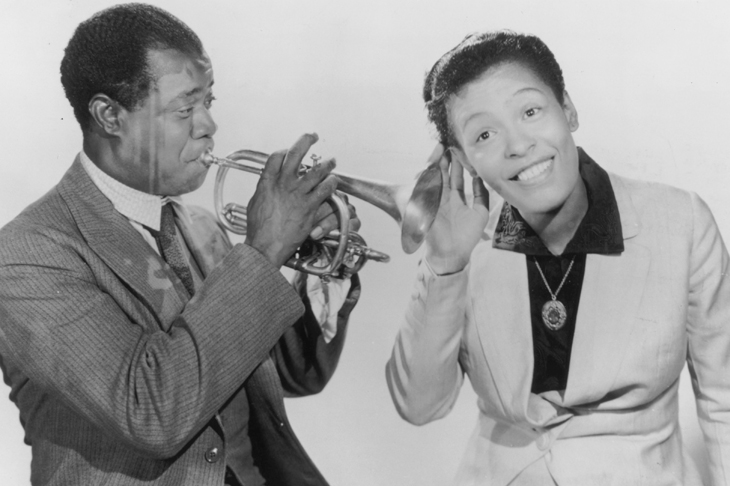
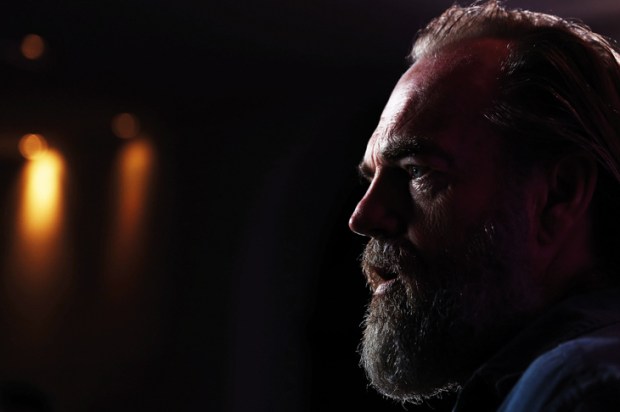
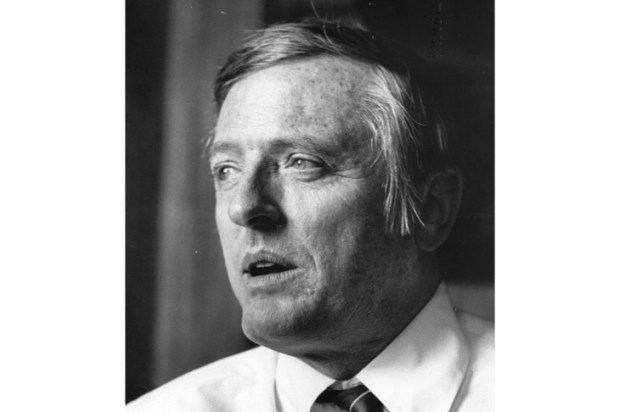
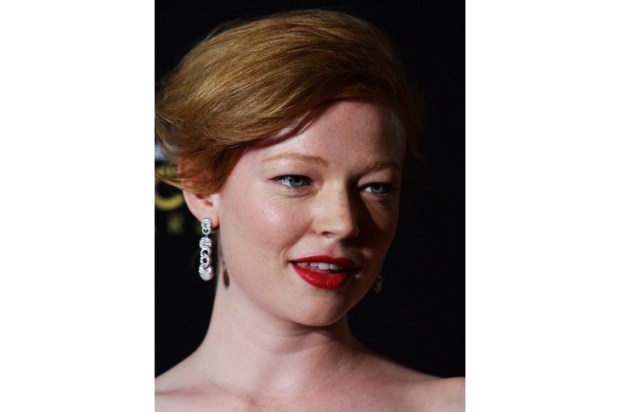

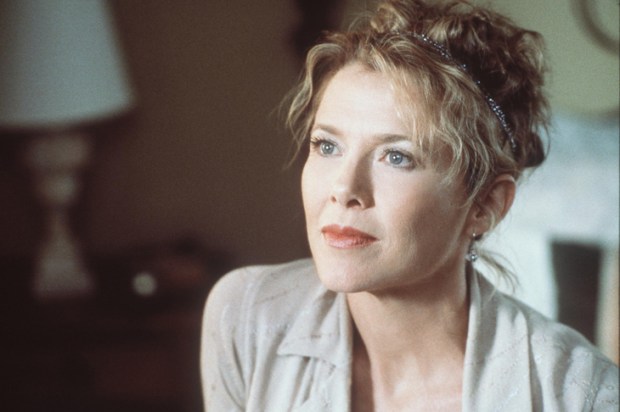







Comments
Don't miss out
Join the conversation with other Spectator Australia readers. Subscribe to leave a comment.
SUBSCRIBEAlready a subscriber? Log in